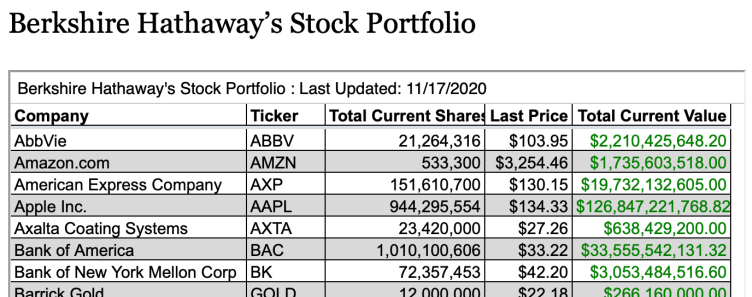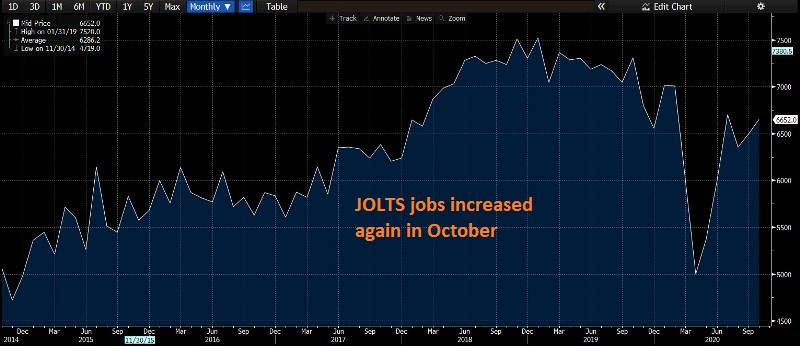
Commodity currencies are a special type of currency with a direct relationship to a particular commodity. This currency is used to purchase and sell commodities such as wheat, oil, gold or crops.
Traders can buy and sell commodities on the spot or futures market or via options. This will affect their value. This currency type is less volatile and more predictable over the long term than other currencies.
A backed currency is a currency that is backed by a certain commodity, like silver or gold. It can also be a physical commodity that is exchangeable for money. This type of currency is often used to solve the problem of divisibility because it allows an unlimited number of coins and bills to be issued. Each individual can then use money that's redeemable for certain commodities.
If you're looking to trade these currencies, it is important that you understand their workings. These currencies can be linked to various factors such as the economy, GDP (gross internal product), interest rates, inflation, etc.

Some economies are diverse and export a wide variety of commodities. Their currencies can therefore fluctuate in relation to their prices. As demand for copper rises, the value of the currency of a copper producing country may increase. Likewise, a country that imports many different types of metals may see its currency fall as demand for those metals declines.
Historically, commodity-backed money has been a popular form of currency. Before 1933, the dollar of the United States was backed by commodities. At this time, each dollar was valued at $1 worth gold by the US government.
This kind of money is essential in countries where incomes are low, because it allows people to purchase goods with little cash. As a result, currencies backed by commodity can help to reduce inequality and poverty.
Another important factor in commodity currency is the GDP (gross domestic product). The demand for commodities such as grain and oil will increase if the economy grows. The demand for these goods will also decrease if the economic growth slows.
There are other factors that affect commodity prices, but these are the most common ones. The price of commodity prices can change depending on a variety of factors, including the weather, the amount of a given crop that is planted, and whether or not certain types of oils are discovered.

The forex markets are more stable than the commodity markets. This makes it easier to identify patterns when trading currencies. It's easier to predict the market and to make trading more consistent.
The forex market is an ideal place to trade commodities-backed currencies such as the Australian Dollar, which is based upon a number different commodities. The AUD is the world's largest exporter of coal and iron ore, and also has a strong connection to the value of gold, which makes it react to changes in the price of these commodities.
FAQ
How can someone lose money in stock markets?
The stock market isn't a place where you can make money by selling high and buying low. It's a place you lose money by buying and selling high.
The stock market is an arena for people who are willing to take on risks. They will buy stocks at too low prices and then sell them when they feel they are too high.
They are hoping to benefit from the market's downs and ups. They might lose everything if they don’t pay attention.
How do you invest in the stock exchange?
Brokers allow you to buy or sell securities. A broker sells or buys securities for clients. Brokerage commissions are charged when you trade securities.
Banks typically charge higher fees for brokers. Because they don't make money selling securities, banks often offer higher rates.
You must open an account at a bank or broker if you wish to invest in stocks.
If you are using a broker to help you buy and sell securities, he will give you an estimate of how much it would cost. Based on the amount of each transaction, he will calculate this fee.
Your broker should be able to answer these questions:
-
the minimum amount that you must deposit to start trading
-
If you close your position prior to expiration, are there additional charges?
-
what happens if you lose more than $5,000 in one day
-
How many days can you maintain positions without paying taxes
-
How you can borrow against a portfolio
-
whether you can transfer funds between accounts
-
how long it takes to settle transactions
-
How to sell or purchase securities the most effectively
-
How to Avoid Fraud
-
How to get help for those who need it
-
How you can stop trading at anytime
-
What trades must you report to the government
-
Whether you are required to file reports with SEC
-
Do you have to keep records about your transactions?
-
What requirements are there to register with SEC
-
What is registration?
-
What does it mean for me?
-
Who is required to register?
-
What time do I need register?
What is a bond?
A bond agreement between two people where money is transferred to purchase goods or services. Also known as a contract, it is also called a bond agreement.
A bond is typically written on paper and signed between the parties. This document includes details like the date, amount due, interest rate, and so on.
A bond is used to cover risks, such as when a business goes bust or someone makes a mistake.
Bonds can often be combined with other loans such as mortgages. This means that the borrower has to pay the loan back plus any interest.
Bonds can also raise money to finance large projects like the building of bridges and roads or hospitals.
When a bond matures, it becomes due. That means the owner of the bond gets paid back the principal sum plus any interest.
Lenders lose their money if a bond is not paid back.
What is a Mutual Fund?
Mutual funds consist of pools of money investing in securities. They offer diversification by allowing all types and investments to be included in the pool. This helps reduce risk.
Professional managers are responsible for managing mutual funds. They also make sure that the fund's investments are made correctly. Some funds let investors manage their portfolios.
Mutual funds are preferable to individual stocks for their simplicity and lower risk.
Who can trade in the stock market?
Everyone. There are many differences in the world. Some people are more skilled and knowledgeable than others. They should be rewarded.
Other factors also play a role in whether or not someone is successful at trading stocks. You won't be able make any decisions based upon financial reports if you don’t know how to read them.
So you need to learn how to read these reports. Each number must be understood. You must also be able to correctly interpret the numbers.
You'll see patterns and trends in your data if you do this. This will help you decide when to buy and sell shares.
If you're lucky enough you might be able make a living doing this.
How does the stockmarket work?
A share of stock is a purchase of ownership rights. A shareholder has certain rights. He/she may vote on major policies or resolutions. He/she may demand damages compensation from the company. He/she can also sue the firm for breach of contract.
A company cannot issue more shares that its total assets minus liabilities. It is known as capital adequacy.
A company with a high capital adequacy ratio is considered safe. Companies with low capital adequacy ratios are considered risky investments.
What's the role of the Securities and Exchange Commission (SEC)?
SEC regulates securities brokers, investment companies and securities exchanges. It enforces federal securities laws.
What's the difference between a broker or a financial advisor?
Brokers are individuals who help people and businesses to buy and sell securities and other forms. They handle all paperwork.
Financial advisors are experts on personal finances. They help clients plan for retirement and prepare for emergency situations to reach their financial goals.
Financial advisors may be employed by banks, insurance companies, or other institutions. You can also find them working independently as professionals who charge a fee.
Take classes in accounting, marketing, and finance if you're looking to get a job in the financial industry. Also, you'll need to learn about different types of investments.
Statistics
- US resident who opens a new IBKR Pro individual or joint account receives a 0.25% rate reduction on margin loans. (nerdwallet.com)
- Our focus on Main Street investors reflects the fact that American households own $38 trillion worth of equities, more than 59 percent of the U.S. equity market either directly or indirectly through mutual funds, retirement accounts, and other investments. (sec.gov)
- "If all of your money's in one stock, you could potentially lose 50% of it overnight," Moore says. (nerdwallet.com)
- Even if you find talent for trading stocks, allocating more than 10% of your portfolio to an individual stock can expose your savings to too much volatility. (nerdwallet.com)
External Links
How To
How to create a trading plan
A trading plan helps you manage your money effectively. It allows you to understand how much money you have available and what your goals are.
Before you start a trading strategy, think about what you are trying to accomplish. It may be to earn more, save money, or reduce your spending. If you're saving money, you might decide to invest in shares or bonds. If you're earning interest, you could put some into a savings account or buy a house. Perhaps you would like to travel or buy something nicer if you have less money.
Once you decide what you want to do, you'll need a starting point. It depends on where you live, and whether or not you have debts. Consider how much income you have each month or week. Your income is the amount you earn after taxes.
Next, make sure you have enough cash to cover your expenses. These include bills, rent, food, travel costs, and anything else you need to pay. Your total monthly expenses will include all of these.
Finally, you'll need to figure out how much you have left over at the end of the month. This is your net available income.
You now have all the information you need to make the most of your money.
You can download one from the internet to get started with a basic trading plan. Or ask someone who knows about investing to show you how to build one.
Here's an example.
This shows all your income and spending so far. This includes your current bank balance, as well an investment portfolio.
And here's a second example. This was created by an accountant.
This calculator will show you how to determine the risk you are willing to take.
Do not try to predict the future. Instead, be focused on today's money management.